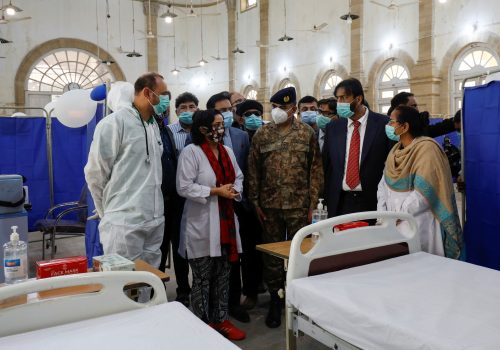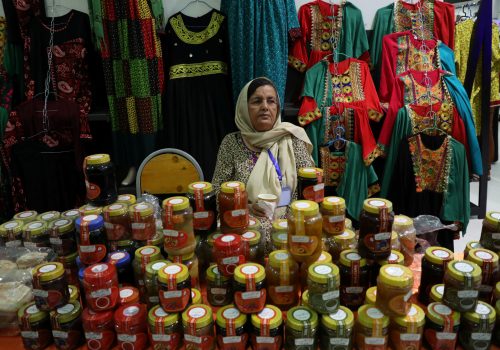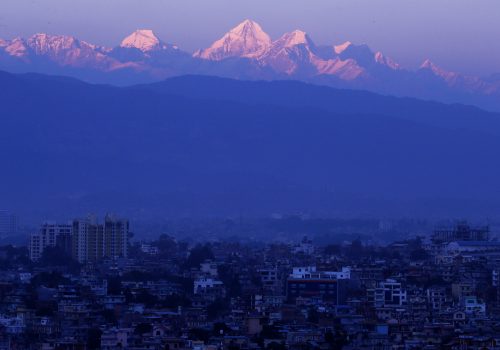As the global community continues to grapple with the coronavirus (COVID-19), the Atlantic Council is open for business. Our business, meetings, and events, however, are occurring virtually. For more information, please read an update from our President and CEO.
In the post-pandemic world, Pakistan will be forced to cope with internal political and economic challenges and a changing regional environment. The unfolding situation in Afghanistan and Iran, coupled with a new US-China relationship, will demand creative responses from Pakistan.
On Friday, February 12th, from 9-10 AM EST, join the Atlantic Council’s South Asia Center for a wide ranging conversation on the future of Pakistan’s socio-economic landscape in the context of the evolving regional landscape. Adil Najam, the Inaugural Dean of the Pardee School of Global Studies at Boston University, recently held a series of conversations during the pandemic with 99 leading thinkers from around the world, including Vali Nasr, Professor of International Affairs and Middle East Studies at Johns Hopkins-SAIS. Adil Najam and Vali Nasr will discuss their findings and what it means for the post-pandemic future of Pakistan. They will be joined in discussion by Huma Baqai, Associate Professor of Social Sciences & Liberal Arts at the Institute of Business Administration, who recently co-edited the book Making Sense of Post Covid-19 Politics.
A recap of this event can be found here.
Moderated by
Shuja Nawaz
Distinguished Fellow
South Asia Center, Atlantic Council
Featuring
Vali Nasr
Professor of International Affairs and Middle East Studies, and former Dean
Johns Hopkins-SAIS
Non-resident Senior Fellow
South Asia Center, Atlantic Council
Adil Najam
Inaugural Dean of the Frederick S. Pardee School of Global Studies
Boston University
Huma Baqai
Associate Professor of Social Sciences & Liberal Arts, and former Associate Dean
Institute of Business Administration

The South Asia Center is the hub for the Atlantic Council’s analysis of the political, social, geographical, and cultural diversity of the region. At the intersection of South Asia and its geopolitics, SAC cultivates dialogue to shape policy and forge ties between the region and the global community.


